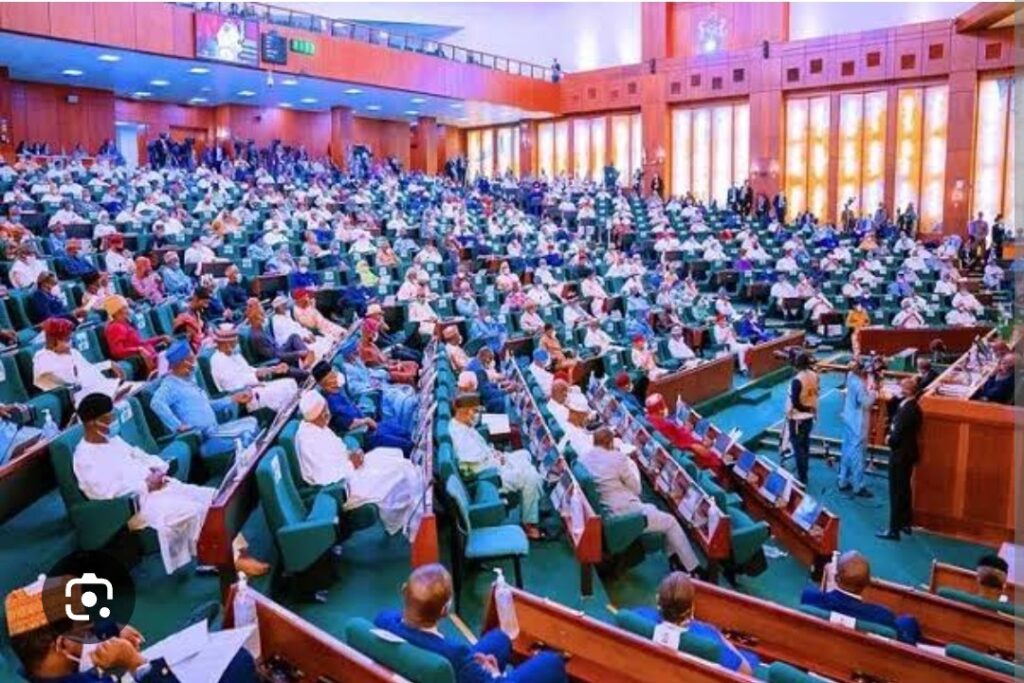The House of Representatives has initiated steps to provide free internet services across select public places in Nigeria.
This initiative comes in the wake of a recently passed bill titled, “An Act to provide the legal framework for the free internet access programme in selected public places in Nigeria and for other related matters,” which was sponsored by Mr. Abubakar Kusada, the representative of Kankia/Ingawa/Kusada Federal Constituency in Katsina State.
Championing the bill, Kusada emphasized the importance of information and communications technology in nation-building, stating, “Nigeria recognizes the vital role of information and communications technology in nation-building.”
He further underscored the aim of the policy to “promote an environment for the development of structures that would ensure availability and accessibility to reliable and secure internet access.”
The proposed legislation outlines a broad range of public spaces eligible for free internet access, including federal, state, and local government offices, secondary and tertiary institutions, and public hospitals, particularly health centers in rural areas. It also includes military barracks, public parks, plazas, libraries, reading centers, airports, seaports, and public transport terminals.
Key provisions in Section 1 of the bill stipulate that “No fee shall be collected from users to connect on the public internet access points.” It specifies that the free service will be distinct from internet services used for government backend systems, while allowing shared infrastructure usage.
Moreover, the bill establishes guidelines for implementing technical solutions to restrict access only when there are clear risks, prioritizing solutions that maintain or promote ease of access.
The Nigerian Communications Commission (NCC) and the National Information Technology Development Agency (NITDA) are designated as the lead agencies responsible for setting standards and overseeing the rollout of the program.
In Section 3, it is stated that “NCC and NITDA shall be the lead implementing agencies that will oversee the effective and efficient implementation of this Act.”
The bill instructs these agencies to develop a comprehensive implementation plan within one year of the Act’s commencement, collaborating with federal, state, and local governments, as well as private sector entities and relevant organizations.
Furthermore, the bill empowers NCC and NITDA to “prescribe policies, regulations, and coordinate the timely and effective implementation of this Act; enter into contracts to undertake the implementation of this Act subject to existing laws and regulations; and arrange funding for the programme from any source, whether private, government, foreign, or domestic.”
These agencies are also tasked with ensuring a minimum internet speed of two megabytes per second per user, aligning with the National Broadband Plan.
To foster efficient service delivery, the bill encourages partnerships between NCC, NITDA, and the private sector, stating, “To promote an efficient and cost-effective delivery of free internet access in public places, NCC and NITDA may partner with the private sector in the implementation of the programme.” It allows private partners to offer supplemental internet service for a fee, contingent upon their registration with the NCC.
In an effort to reduce costs and improve access, the bill also encourages private service providers to exchange data tariffs through designated domestic internet protocol exchanges, as specified by NCC and NITDA.
